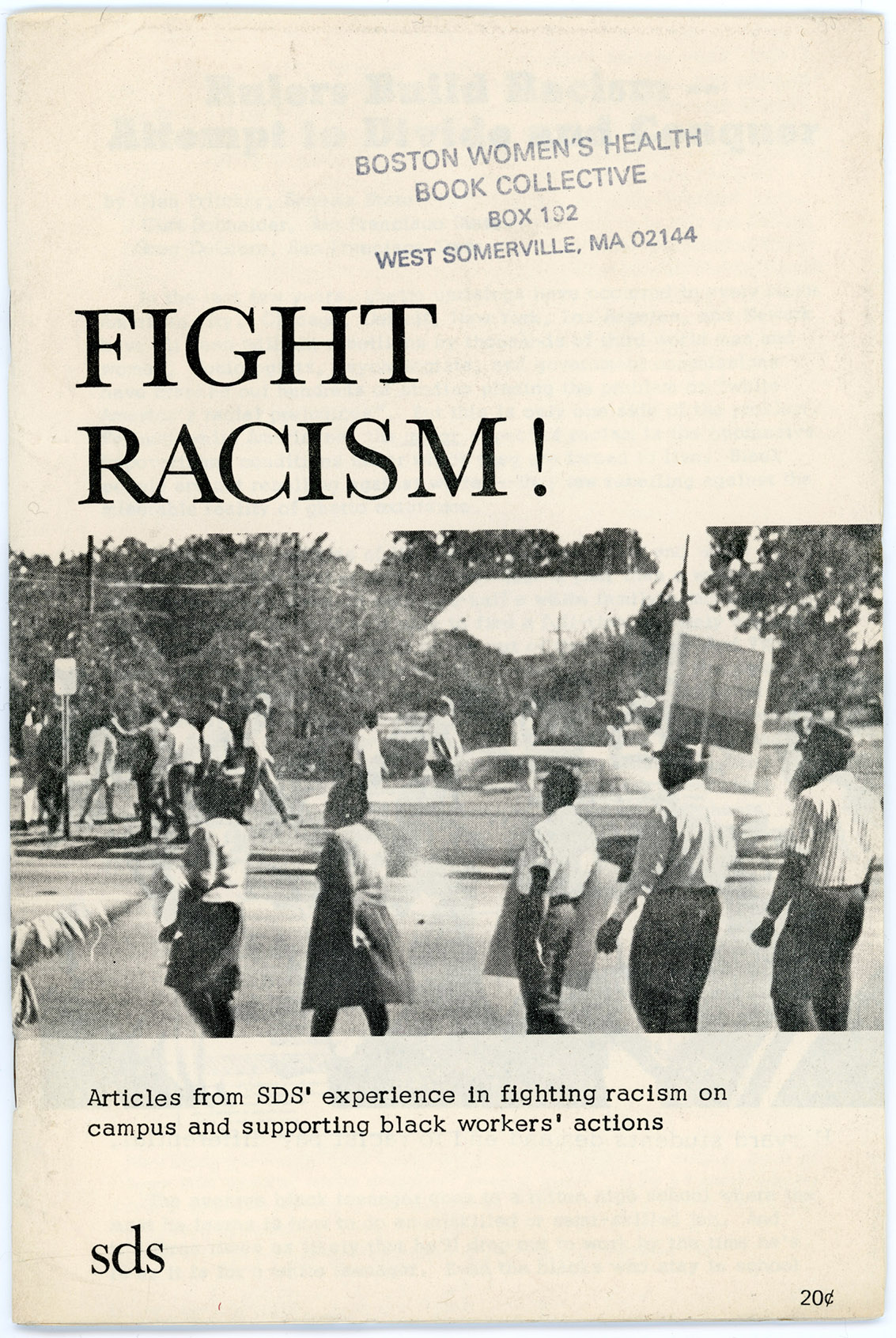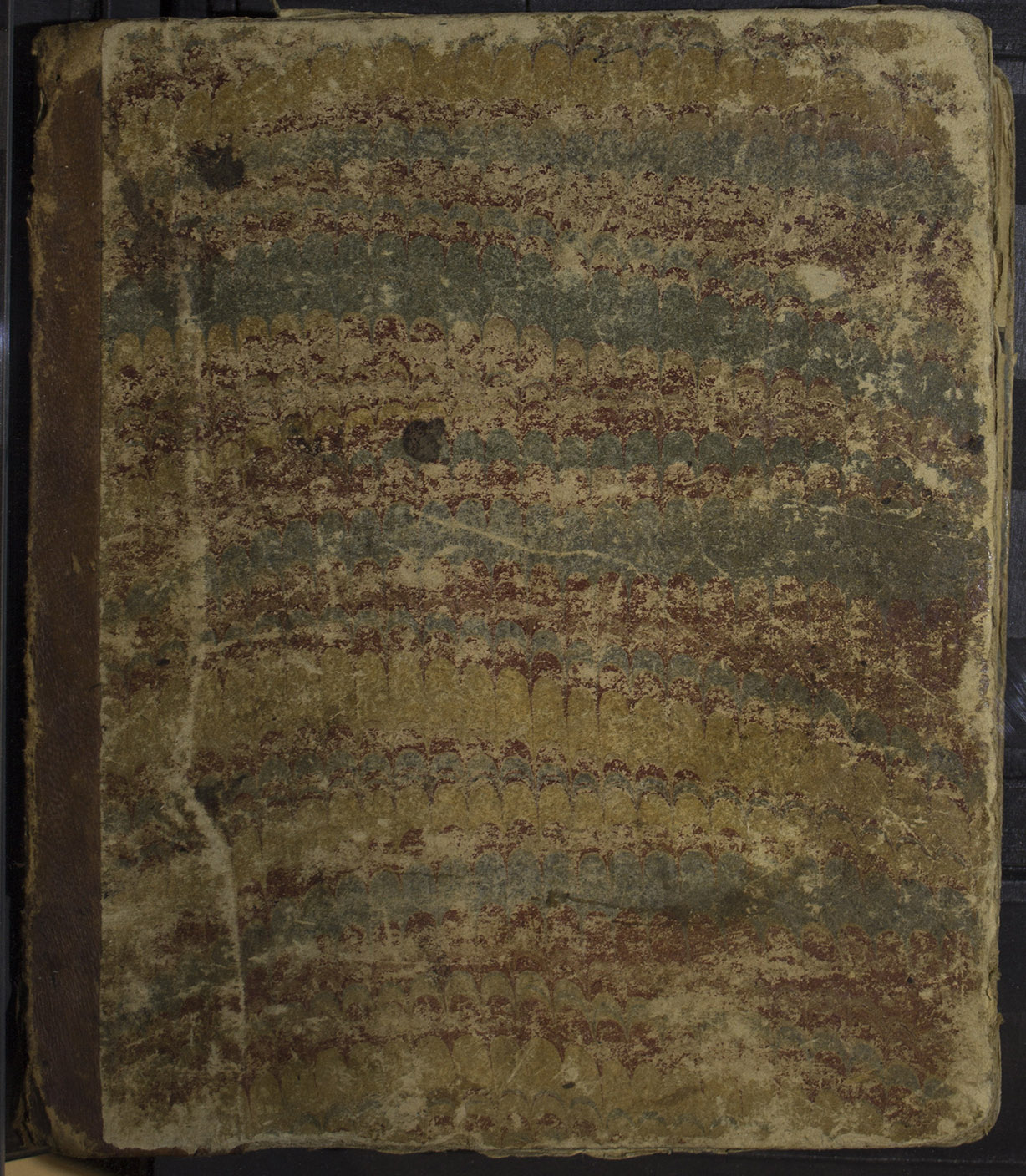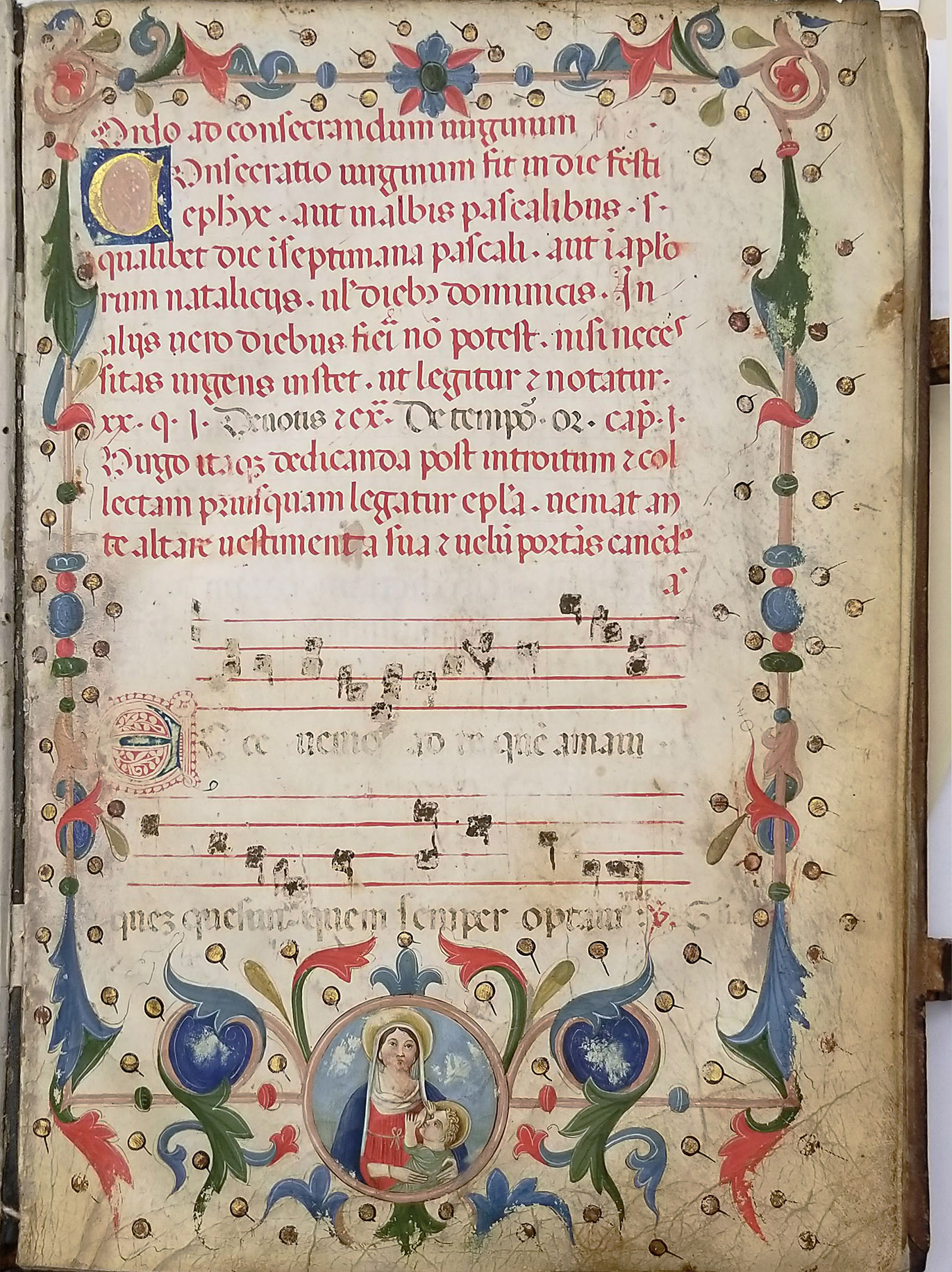New Salem (Mass.) General Store Daybook
A town at the eastern periphery of Franklin County, Mass., New Salem was incorporated in 1753 and has never strayed far from its rural roots. In the 1840s, agriculture supplied much of the town’s work, supplemented by lumbering, hide tanning, and a cottage industry in palm-leaf hats, of which over 79,000 were manufactured in 1837 alone.
Although this daybook covers only a brief span of four years, it offers a fascinating glimpse into the vibrancy of a country store in antebellum Western Massachusetts. The store’s owner is not recorded, however the names of dozens of men and women from New Salem appear as purchasers of small quantities of consumable goods and the occasional luxury items like peppermint and candy. The last several pages of the ledger include accounts for particularly active customers, including several who supplied the store with large numbers of palm-leaf hats, which the store’s owner may have exported, and records of receipt for various kinds of paper, almanacs, toy books, and textbooks in mathematics and spelling.



